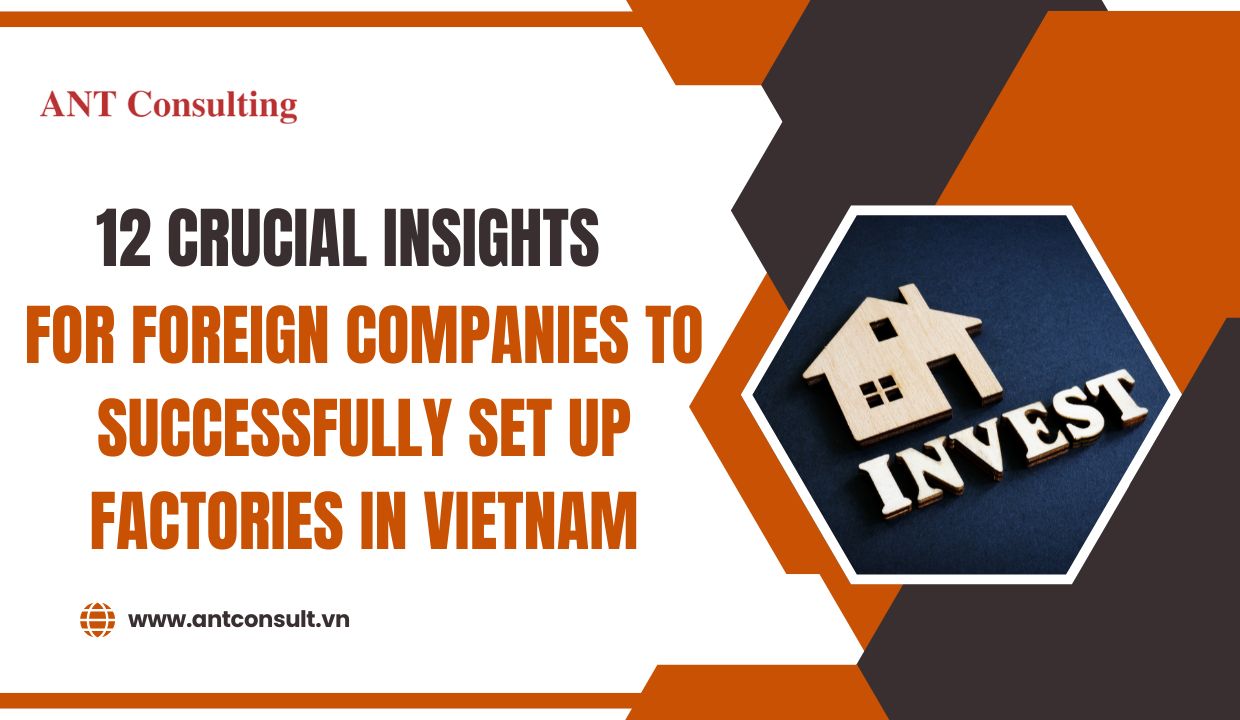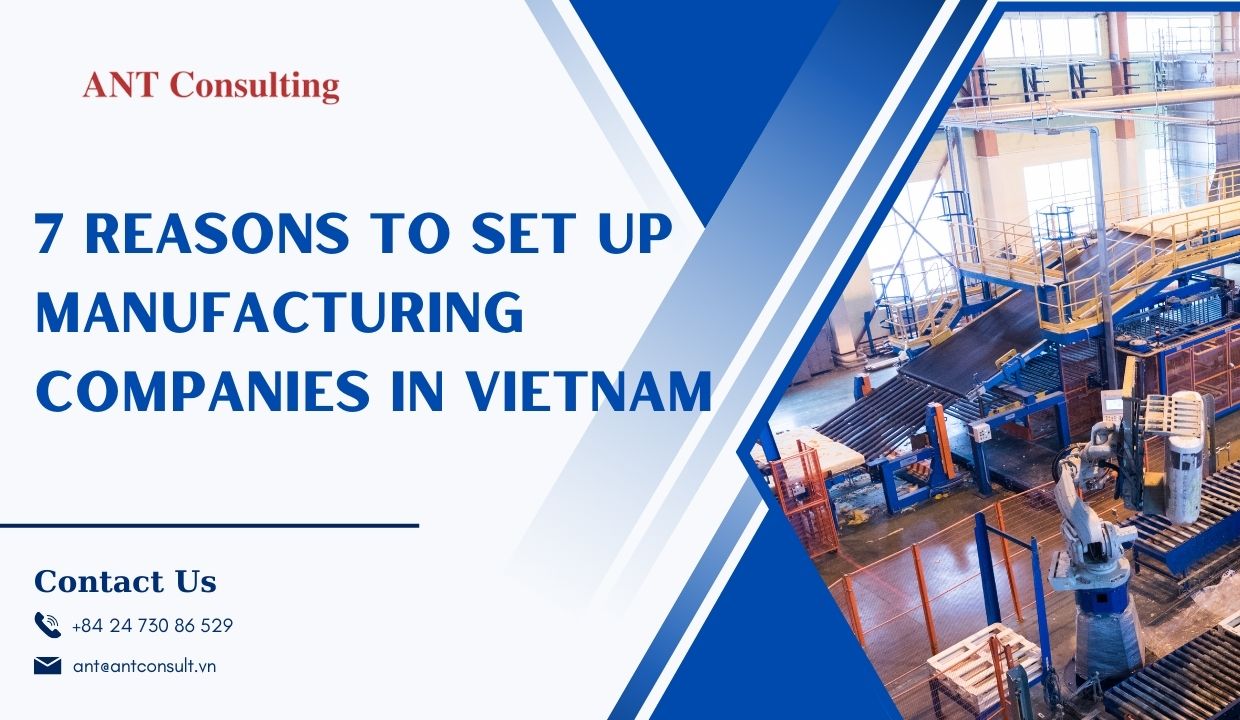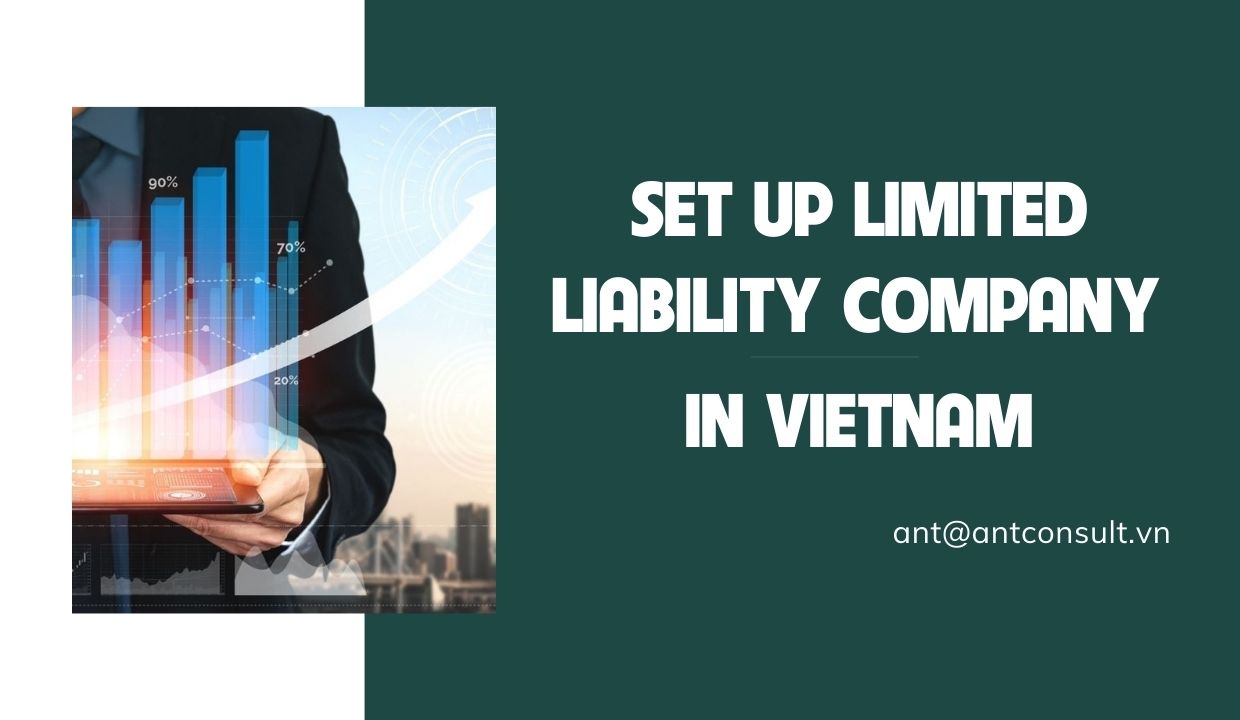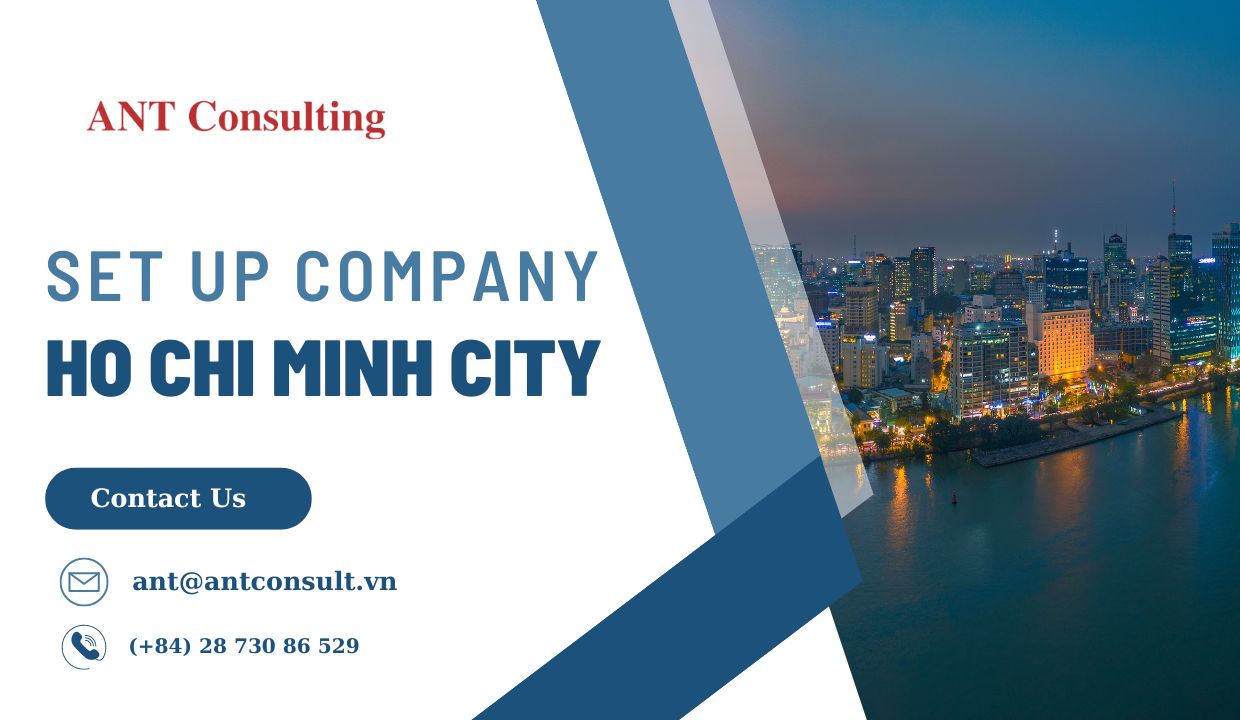Vietnam has emerged as a prime destination for global manufacturers seeking to diversify their operations and optimize supply chains. We now explore why foreign companies are increasingly choosing to set up factories in Vietnam and provides actionable insights to navigate this promising yet complex landscape.

Why Vietnam is a Preferred Choice for Manufacturing
Strategic Location
Vietnam’s geographical position in Southeast Asia offers unparalleled advantages for companies looking to set up factories in Vietnam. Situated close to major global markets, the country allows easy access to raw materials and a streamlined export process to regions like the United States, the European Union, and Asia-Pacific countries.
Cost-Effective Operations
One of the primary drivers for companies deciding to set up factories in Vietnam is cost efficiency. Average labor costs in Vietnam are significantly lower than those in China, making it an attractive option for cost-sensitive industries like textiles, electronics, and manufacturing. Additionally, industrial lease rates and utility expenses remain competitive, further reducing operational costs.
Government Incentives
Vietnam’s government actively promotes foreign investment through tax incentives, subsidies, and regulatory support. There has been various government initiatives aimed at fostering a business-friendly environment. These include corporate tax holidays and reduced tariffs, which are particularly beneficial for companies planning to set up factories in Vietnam.
Key Industries Thriving in Vietnam
Electronics Manufacturing
Vietnam has become a hub for electronics production. Companies like Samsung and LG have set up factories in Vietnam to leverage its skilled workforce and low operational costs. It has also been noted that investment in semiconductor production, such as Foxconn’s million dollars plant in Bac Giang, underscores Vietnam’s growing significance in the global electronics supply chain.
Automotive Sector
The automotive industry is another area where companies are increasingly choosing to set up factories in Vietnam. Mitsubishi has established production plants, capitalizing on the country’s strategic location and cost advantages. The sector is poised for significant growth, with Vietnam’s skilled workforce providing a robust foundation for high-tech automotive manufacturing.
Textile and Apparel Industry
With decades of expertise, Vietnam continues to be a top destination for global brands like Nike and Adidas. Setting up factories in Vietnam for textiles and apparel ensures competitive pricing and reliable production timelines, making it an enduring choice for multinational companies.
Benefits of Setting Up Factories in Vietnam
Access to Free Trade Agreements
Vietnam’s participation in multiple free trade agreements (FTAs) offers significant advantages for foreign companies. Reduced tariffs and simplified trade processes make it highly lucrative to set up factories in Vietnam, enabling manufacturers to compete effectively in international markets.
Skilled Workforce
Vietnam boasts a young, educated, and skilled labor force. This is particularly advantageous for industries requiring specialized training, such as electronics and automotive manufacturing. Companies setting up factories in Vietnam can benefit from a workforce that is adaptable and eager to learn.
Strong Infrastructure Development
The Vietnamese government has made substantial investments in infrastructure to support industrial growth. Ports, highways, and industrial parks are continuously upgraded, ensuring that companies setting up factories in Vietnam have access to world-class logistics.
Challenges to Consider
Supply Chain Limitations
While Vietnam’s manufacturing ecosystem is developing rapidly, its supply chain infrastructure is still maturing. Companies setting up factories in Vietnam often rely on imported raw materials, which can increase costs and lead times.
Regulatory Complexities
Navigating Vietnam’s legal and regulatory landscape can be challenging for foreign investors. Understanding local laws and compliance requirements is crucial for companies planning to set up factories in Vietnam.
Labor Market Constraints
Though labor costs are low, the growing demand for skilled workers may result in wage inflation. Companies setting up factories in Vietnam need to invest in workforce training to mitigate this challenge.
Steps to Set Up Factories in Vietnam
- Conduct Market Research Understanding the local market and industry trends is the first step for companies planning to set up factories in Vietnam.
- Choose the Right Location Selecting an industrial park or urban area with access to infrastructure and skilled labor is critical for success.
- Engage with Local Authorities Working closely with government agencies ensures a smoother process when obtaining licenses and permits to set up factories in Vietnam.
- Secure Funding and Partnerships Collaborating with local partners or securing investment can help mitigate financial and operational risks.
- Develop a Skilled Workforce Investing in training and development programs ensures that companies setting up factories in Vietnam have a competitive edge.
Recent Developments and Case Studies
Semiconductor Industry Expansion
Foxconn’s $80 million investment in Bac Giang demonstrates the increasing interest in setting up factories in Vietnam for high-tech industries. These facilities cater to global markets, reducing reliance on other manufacturing hubs.
Infrastructure Growth
New highways, expanded ports, and state-of-the-art industrial parks are being developed to attract foreign companies setting up factories in Vietnam. These advancements make the country a more competitive and reliable manufacturing destination.
Future Trends and Additional Considerations
The Future of Manufacturing in Vietnam
Vietnam’s manufacturing sector is poised for sustained growth as it aligns itself with global trends. Increasing investments in high-tech industries, including renewable energy and electric vehicles, signal a shift toward advanced manufacturing. For foreign companies looking to set up factories in Vietnam, this presents an opportunity to be part of the next wave of industrial innovation.
Global shifts in supply chain strategies, such as “China Plus One,” are expected to continue driving investments into Vietnam. Companies are likely to diversify their operations further, mitigating risks and ensuring resilience against geopolitical or economic disruptions.
Logistics and Transportation
Vietnam’s logistics network is evolving rapidly to meet the demands of a growing industrial base. Ports like Cai Mep and Hai Phong are undergoing expansion to handle larger volumes of cargo, making exports and imports more efficient. The development of new highways and rail links further enhances connectivity, making it easier for companies to set up factories in Vietnam and streamline their supply chains.
For exporters, Vietnam’s strategic position near shipping routes in the South China Sea ensures reduced transit times and costs. Logistics providers are increasingly investing in technology-driven solutions, such as automated warehouses and advanced tracking systems, to support manufacturers setting up factories in Vietnam.
Education and Human Resources
A well-educated and adaptable workforce remains one of Vietnam’s greatest strengths. The government’s emphasis on education and vocational training has led to the development of specialized skills, particularly in fields like electronics, engineering, and information technology. Companies setting up factories in Vietnam can tap into a growing talent pool ready to meet the demands of modern manufacturing.
Initiatives to strengthen partnerships between businesses and educational institutions are gaining traction. These collaborations aim to align training programs with industry needs, ensuring that workers are equipped with the skills required by foreign investors setting up factories in Vietnam.
Stable Political Environment
Vietnam’s stable political landscape is a significant factor in attracting foreign investment. A consistent focus on economic growth and industrialization has created an environment conducive to business expansion. Policies supporting foreign direct investment (FDI) are expected to remain a priority, further encouraging companies to set up factories in Vietnam.
The government’s commitment to maintaining social and economic stability ensures a predictable business climate. Foreign investors often cite this stability as a key reason for choosing Vietnam over other regional alternatives.
Sustainability and Green Manufacturing
Vietnam’s growing focus on sustainability is reshaping its manufacturing landscape. Companies setting up factories in Vietnam are increasingly adopting green practices to align with global ESG (Environmental, Social, and Governance) standards. Initiatives like energy-efficient factories, reduced waste production, and the use of renewable energy sources are gaining traction.
The government’s commitment to reducing carbon emissions and promoting renewable energy further supports this trend. For companies seeking to set up factories in Vietnam, embracing sustainable practices not only ensures compliance with local regulations but also enhances their global reputation.
Conclusion
Vietnam’s strategic advantages, including cost efficiency, government support, and infrastructure growth, make it a compelling choice for companies looking to set up factories in Vietnam. While challenges such as supply chain limitations and regulatory complexities exist, proactive planning and investment can mitigate these issues.
As the global manufacturing landscape evolves, Vietnam’s role as a manufacturing powerhouse is becoming increasingly prominent. Companies that recognize its potential and invest strategically stand to gain significant competitive advantages in the years to come.
Foreign businesses contemplating expansion would do well to consider the opportunities Vietnam offers. By leveraging its strengths and addressing its challenges, setting up factories in Vietnam can be a transformative move for long-term growth.
About ANT Consulting and Market Entry Services in Vietnam
ANT Consulting is here to assist you from the outset; providing intelligence, information, advisory, management or support services that assist market entrance, and ensure efficient business start-up operation.
Research Service
Company Profiling and Due Diligence
Policy and Regulatory Research
Assistance in Setting-up Business Venture
M&A Origination & Execution
For legal advise, consult with ANT Lawyers
How ANT Consulting Could Help Your Business?
You could learn more about ANT Consulting or contact our lawyers and business consultants in Vietnam for advice via email ant@antconsult.vn or call our office at +84 28 730 86 529




